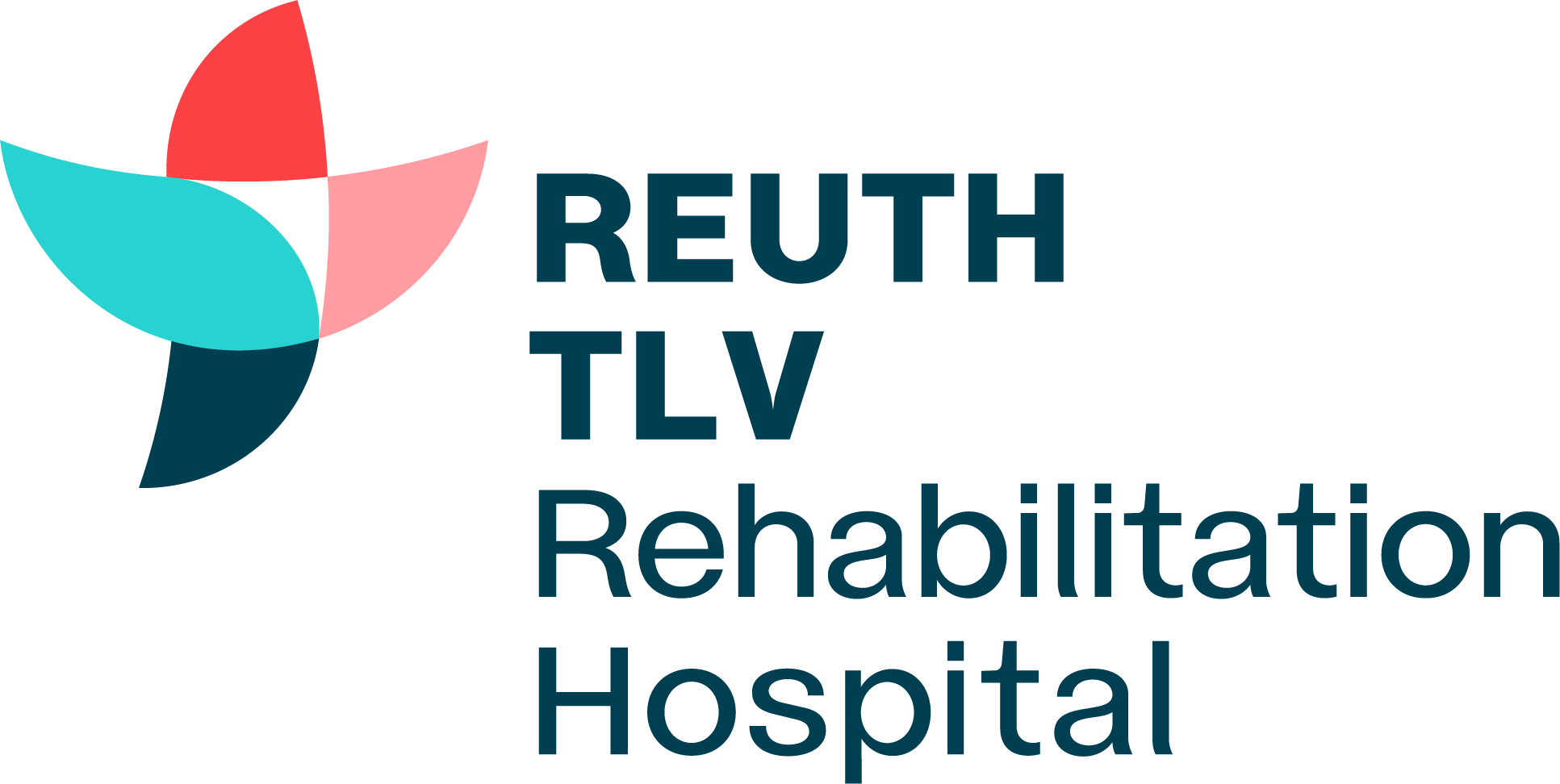The major part of an elderly parent’s care is usually done by one family member. The spouse or one of the children becomes the primary caregiver, and he is the one who takes care of the elderly person’s needs and spends most of the time with him. The constant togetherness and intensive care-giving can be quite difficult, however, and as a result, the caregiver might experience problems of his own. It is important to notice these hardships, and find solutions as soon as possible.
What is the primary caregiver’s distress?
The primary caregiver tries to do the best he can for the elderly person, who is also a beloved family member. This wish to do the absolute best can cause the caregiver to give up his personal life and overlook his own feelings. Many primary caregivers suffer from stress, exhaustion and even frustration, simply because most of the burden falls on them. Also, most caregivers will not ask for help, and therefore it is important to recognize the warning signs, indicating that the primary caregiver is in distress.
What are the signs indicating that the caregiver is in distress?
The signs which point to the caregiver’s distress can be divided into two categories – physical signs and behavioral changes which reflect emotional difficulties.
Physical Signs
– Exhaustion – the long hours of intensive care-giving can rob the caregiver of many hours of sleep. And even when he can finally go to bed, the great stress he is under may often lead to insomnia.
– Weight gain or loss – every person reacts differently to stressful situations. Some eat more and others don’t feel hungry at all. Uncharacteristic weight changes are a sign of distress.
– Headaches and stomach aches – it is known that emotional states can influence one’s physical condition. Headaches and stomach aches are often the first reactions to prolonged stress.
– Skin problems – Research has found that stress can affect our skin, causing it to break out in uncharacteristic rashes or sores. If the source of the skin problems is not clear, distress should be considered as a possible cause.
Behavioral signs
– Distancing from regular activities – this is the most common problem. The primary caregiver spends most hours of the day with the elderly person and stays away from his family and friends and the activities he enjoys. The care-giving becomes his whole life, at the expense of everything else.
– Lack of concentration – when the primary caregiver is unable to concentrate on anything connected to his own daily life (family, job, etc.) apart from the care-giving.
– Signs of depression – typical signs of a depressed state of mind can be sadness, fatigue, avoiding favorite hobbies, lack of interest in one’s surroundings, a wish to be alone, sleep disorders, weight loss, alcohol consumption etc.
– Inability to give the necessary care – many caregivers reach the state where they feel that they just cannot go on with the task of care-giving. This may make them feel guilty, even if they are doing the best they can.
– Anger and irritability – the changes that the primary caregiver is going through can make him more anxious and irritable. At times the anger comes out towards other family members. When this happens, they need to understand his situation and encourage him to talk about the care-giving and his feelings.
– Drinking and smoking – the stress and unwillingness to talk to others and share his problems sometimes lead the primary caregiver to find comfort in alcohol or cigarettes, even if he does not usually do so.
What should be done when you realize that the caregiver is in distress?
If you notice that the primary caregiver is suffering, you must help him. There are a number of things you can do:
– Assist in the care-giving – in most cases, the primary caregiver will not ask for help, even when he is in distress. Therefore, if you detect one of the above-mentioned signs, you should be the one who offers help. If you take his place as caregiver for a time, he will be able to resume some of his daily activities, spend time with his family, do the things he enjoys, and catch up on much needed sleep. In addition, your help will assure the primary caregiver that he is not alone, and that other family members understand the situation and appreciate his devotion and efforts. Encouragement will also be welcome. Help him to think positively and understand that he is providing the best care possible, and must not feel guilty for not being a good enough caregiver.
– Watching the caregiver’s health –make sure that the caregiver is in good health. If there is any sign of illness or deterioration in his overall condition, make sure that he rests and takes care of himself.
– Involving another caregiver – if the elderly person has difficulties functioning or needs constant supervision, apply to Bituach Leumi for the long-term care benefit – so that another caregiver can come into the home for a number of hours each week (the exact number of weekly hours will be determined based on the elderly person’s condition). If this assistance is already being provided, and yet the elderly person is not receiving the full quote of hours for which he is eligible by law (this can happen when his condition has declined since the benefit was originally authorized), you may reapply to Bituach Leumi for the additional care-giving hours.
– Finding a daycare facility for the elderly person – to ease the primary caregiver’s burden, you can find a daycare arrangement for the elderly person. Day centers for the elderly (which can be paid for through the long-term care benefit), a respite program, or even a foreign worker in the home, can be helpful to the primary caregiver.
– Finding support for the primary caregiver – if the caregiver cannot share his problems with the family, he can care for himself by getting professional help. There are many support groups for caregivers, where he will find others in the same situation. Support groups may be found in nonprofits (such as Emda, Na’aman, Eyal and Amcha) as well as some hospitals and local authorities. In addition to these meetings, the internet can also become a support group, through various forums, like the one offered by the “Caring Family” website.
The primary caregiver does very important work, which can be extremely difficult. He tries to do the best he possibly can, and may sometimes forget, along the way, that in order to care for another, he must care for himself as well. So, if you detect the signs of distress we have discussed in this article, do everything you can to help, knowing that caring for the caregiver means better care for the elderly person too.
The information presented in the english website is partial. For full info please visit our hebrew website

 donation
donation 




“Reuth Information Center”, All rights reserved to Reuth rehabilitation hospital. Reuth Information Center is an informational site only. All information on the Website is not a replacement or a substitute for medical, legal, economic, consumer, financial or other advice and any use of the information on the Website is solely the responsibility of the User. Surfing is subject to Terms of Use.